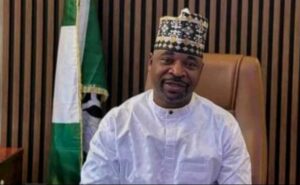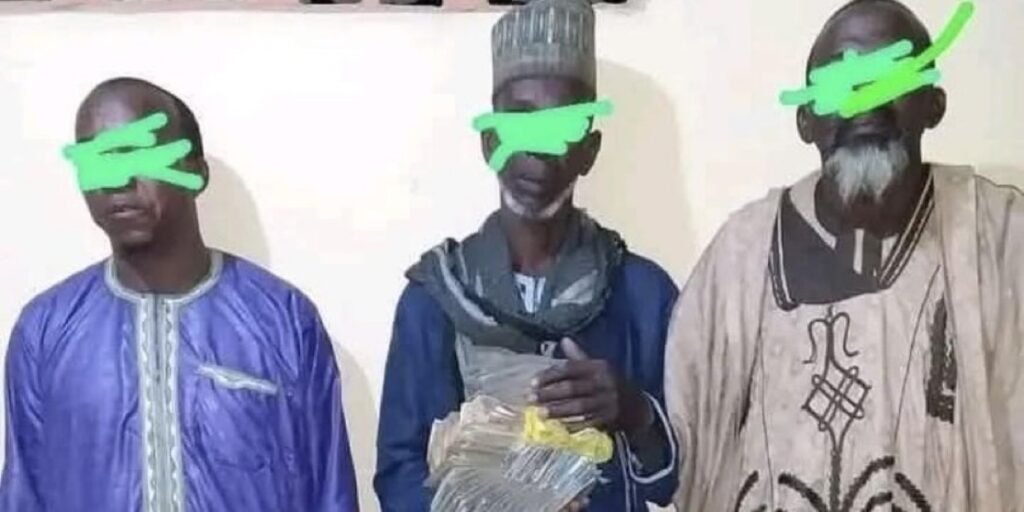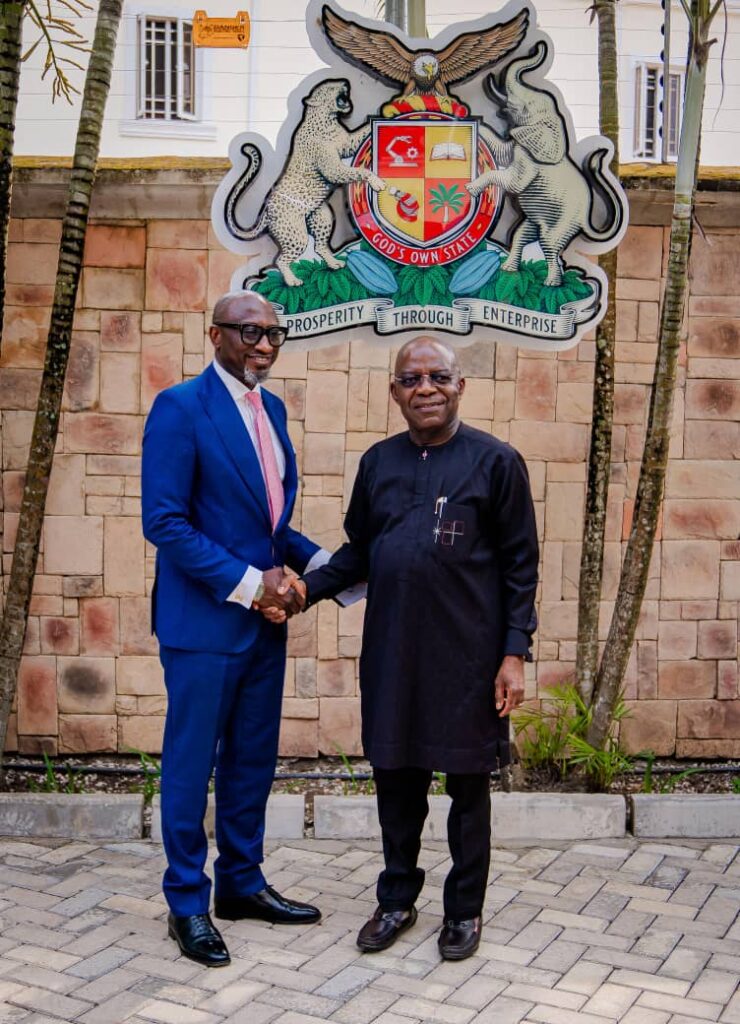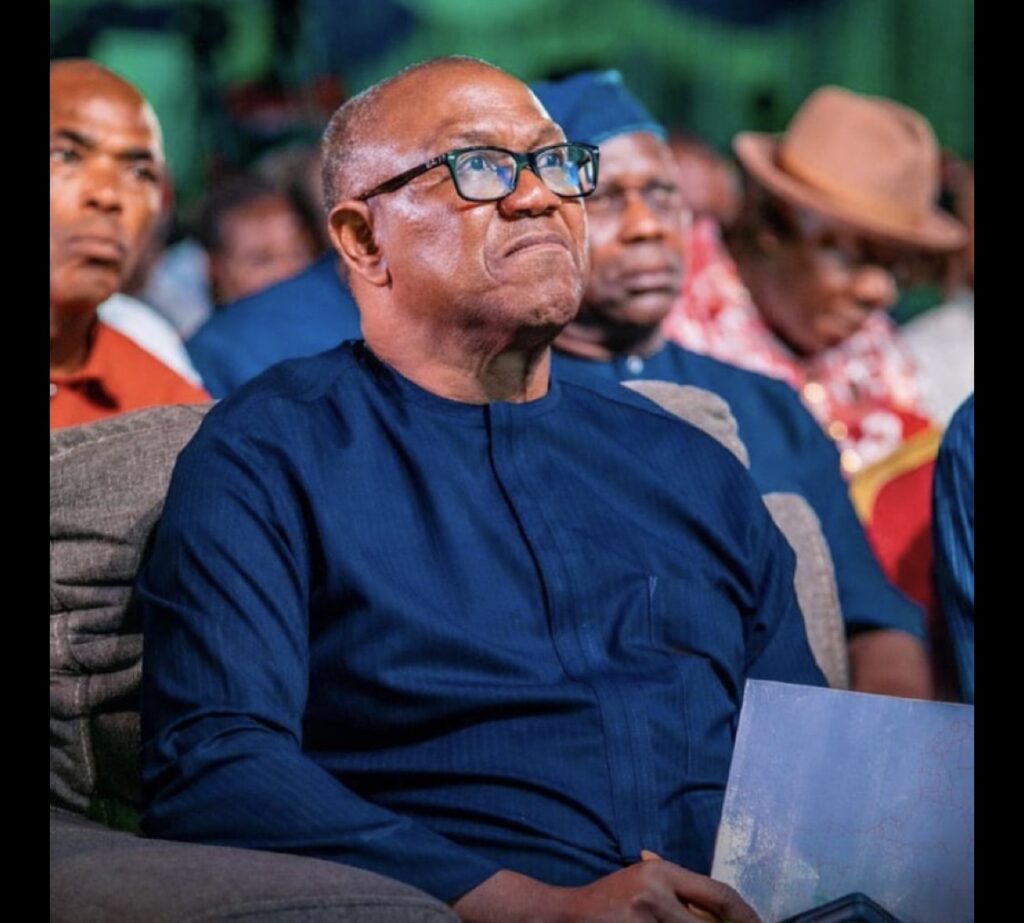MC Oluomo’s Bow to Seyi Tinubu – A Sign of Respect or a Display of Power?
 “Always acknowledge your helper when you encounter them.” This saying gains new significance in light of a viral video showing Musiliu Akinsanya, widely known as MC Oluomo, bowing to Seyi Tinubu, the son of President Bola Tinubu, at an Iftar event in Lagos.
“Always acknowledge your helper when you encounter them.” This saying gains new significance in light of a viral video showing Musiliu Akinsanya, widely known as MC Oluomo, bowing to Seyi Tinubu, the son of President Bola Tinubu, at an Iftar event in Lagos.
In the footage that has circulated extensively online, 50-year-old MC Oluomo, chairman of the Lagos State Parks and Garages, respectfully bows before 39-year-old Seyi Tinubu. In Yoruba and Nigerian culture, acts of humility such as prostrating, bowing, or kneeling are traditional expressions of respect often directed towards elders, leaders, or benefactors.
However, this interaction has ignited a lively debate: Is this merely a cultural expression of respect, or does it represent deeper implications related to political power and hierarchy?
Supporters interpret MC Oluomo’s bow as a legitimate reflection of Yoruba customs, indicative of a longstanding practice of acknowledging one’s “helper,” or someone who grants support or opportunities. With Seyi Tinubu’s significant influence as the president’s son and a prominent figure in Lagos politics, this gesture can be seen as one of gratitude and allegiance.
Conversely, critics contend that the moment underscores Nigeria’s entrenched political patronage system, where those in positions of power command a certain reverence from their followers irrespective of their age. This perspective views the act not just as cultural but as indicative of political loyalty and hierarchy, prompting discussions about the power dynamics in Nigerian governance.
More broadly, the video encapsulates a societal theme, suggesting that in many cultures, power often dictates respect, sometimes more so than age or individual achievements. An influential older individual bowing to a younger political figure emphasizes the dynamics of power within certain familial legacies.
Nonetheless, for those who grasp the cultural significance, the message remains universal: “Always acknowledge your helper.”
Whether this moment is interpreted as a lesson in humility, a cultural showcasing, or a political statement, it undeniably has sparked discussions about respect, loyalty, and the essence of power in contemporary Nigeria.







